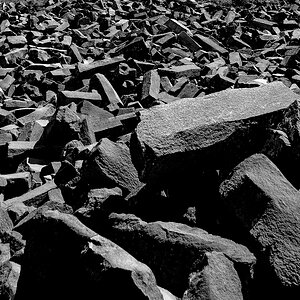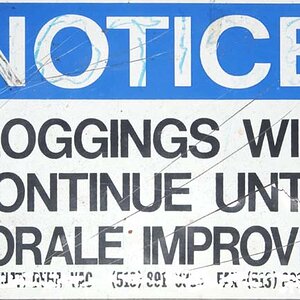Light Guru
Been spending a lot of time on here!
- Joined
- Apr 27, 2011
- Messages
- 3,403
- Reaction score
- 679
- Location
- Salt Lake City, UT
- Can others edit my Photos
- Photos NOT OK to edit
I love the outdoors and want to take pictures of families and children outside in settings like fields, vineyards, beaches, next to beautiful stone buildings, military homecoming, etc. I am a mother of 3, veteran and military spouse and I want to be able to capture special moments for other families. (Just not in a studio.)
Something tells me it's not really that. If your anything like other so called "natural light" photographers you love of the outdoors has nothing to do with it. You choose to shoot outdoors so that you can avoid the costs of having a studio.
Shooting outside and shooting in a studio both have advantages.
There is nothing wrong with shooting outside to avoid the costs of a studio.
But just be honest about it. The big reason you are choosing to shoot shoot out side is to avoid the costs of having a studio.
Beware of clishe terms like "natural light photographer" as it really just says I don't know how to use a flash or reflector and don't think my photography can improve if I did learn how to use them.


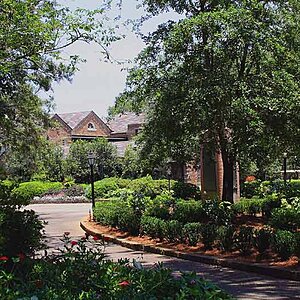
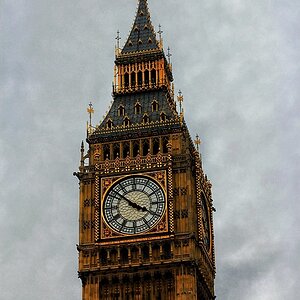
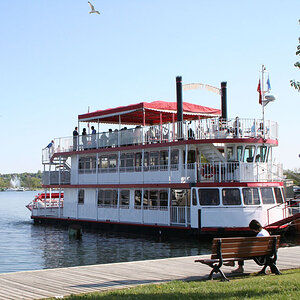
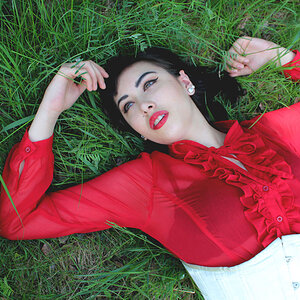
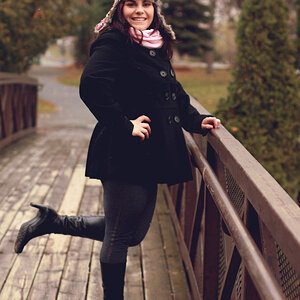
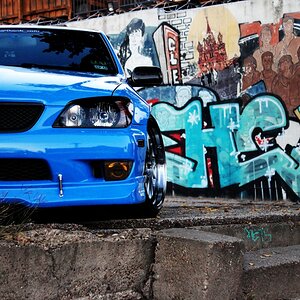
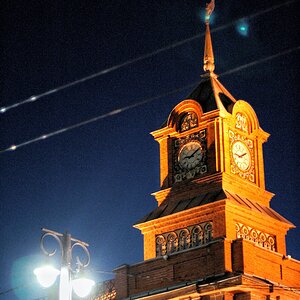
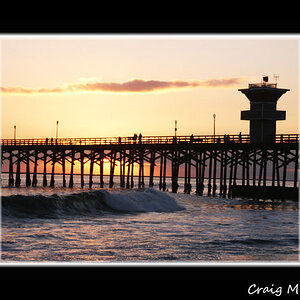
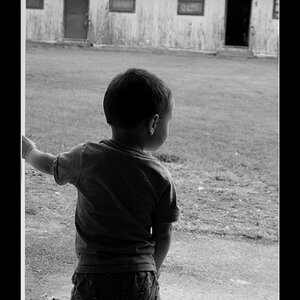
![[No title]](/data/xfmg/thumbnail/32/32155-5dfb2c8aee58498ba1862d4f34389669.jpg?1619735234)
